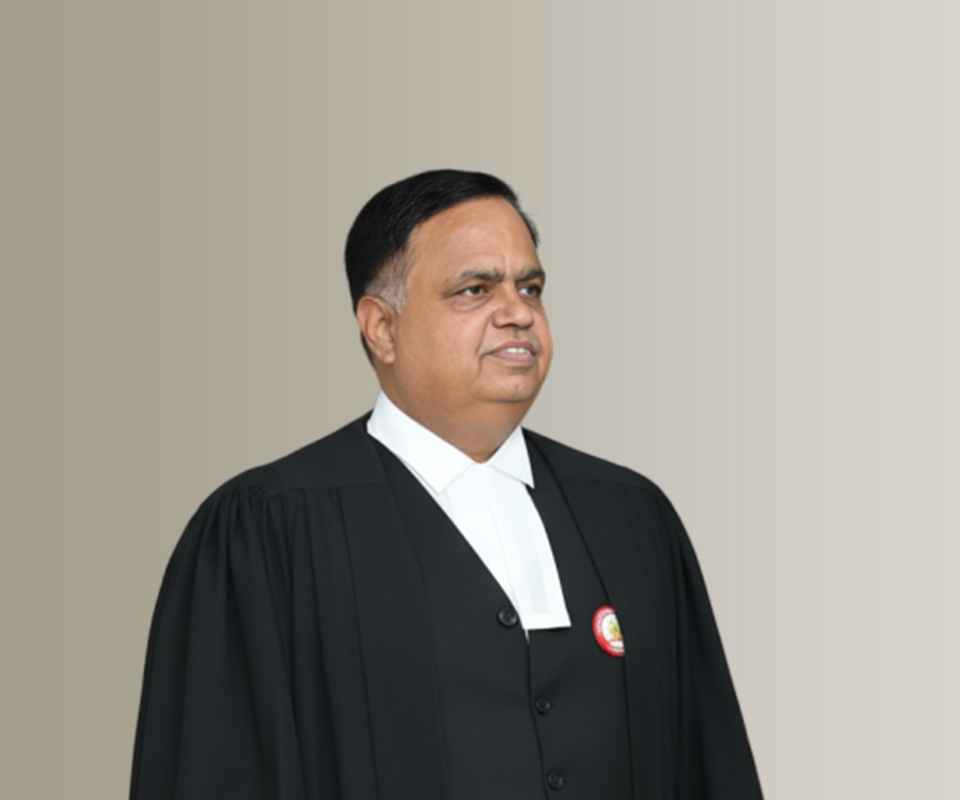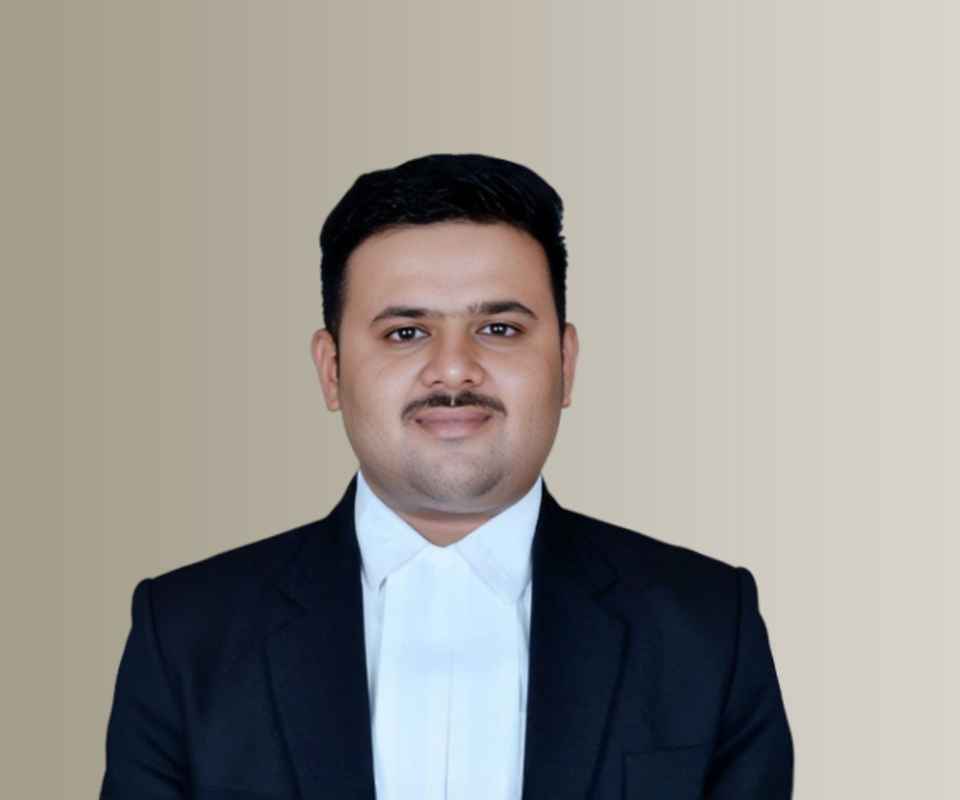Answer By law4u team
Government subsidies play a vital role in supporting hospitals, especially public and non-profit healthcare institutions, by funding essential services and reducing operational costs. However, if hospitals engage in fraudulent practices, such as misappropriating funds or falsifying records, these subsidies can be subjected to withdrawal or suspension. To prevent such fraud, there are several legal and regulatory actions that can be enforced by both the government and healthcare authorities.
Steps to Take After Identifying Fraudulent Practices:
Conduct a Thorough Investigation:
Authorities should initiate an internal or external audit to investigate any suspicious activities and confirm whether fraud has occurred.
Notify Relevant Authorities:
Once fraudulent practices are confirmed, the relevant governmental and regulatory bodies, such as health departments or financial regulators, should be notified for further actions.
Legal Action:
Hospitals found guilty of fraud may face legal consequences, including lawsuits, fines, and criminal charges against individuals responsible for the fraudulent activities.
Suspend or Withdraw Subsidies:
Based on the findings, government subsidies can be temporarily suspended while the investigation continues. If the fraud is proven, these subsidies may be permanently withdrawn, and the hospital may lose eligibility for future government funding.
Implement Monitoring Systems:
To prevent future fraud, hospitals should be required to install robust financial and operational monitoring systems, which must be periodically reviewed by external auditors.
Public Disclosure and Accountability:
Affected hospitals may be required to publicly disclose the fraudulent activities and corrective measures, thereby maintaining transparency and ensuring accountability.
Legal Actions and Protections:
Filing Complaints:
Victims of fraud or any affected parties can file complaints with the healthcare regulatory authority or law enforcement agencies.
Civil and Criminal Penalties:
In cases of severe fraud, hospitals or individuals involved may face criminal prosecution, including imprisonment, or civil penalties, such as fines or restitution.
Revocation of Licensing:
Healthcare providers engaging in fraudulent activities may have their operating licenses revoked, barring them from receiving future subsidies or operating as a healthcare institution.
Example:
If a hospital receives government subsidies but is found to have falsified patient billing records to claim higher reimbursements from public funds, the government may:
- Conduct an audit to uncover the extent of the fraud.
- Suspend the hospital’s subsidies until the investigation is complete.
- If fraud is confirmed, the hospital may be forced to repay the misappropriated funds and may lose its eligibility for future subsidies.
- In severe cases, criminal charges may be brought against the individuals responsible for the fraudulent actions.







